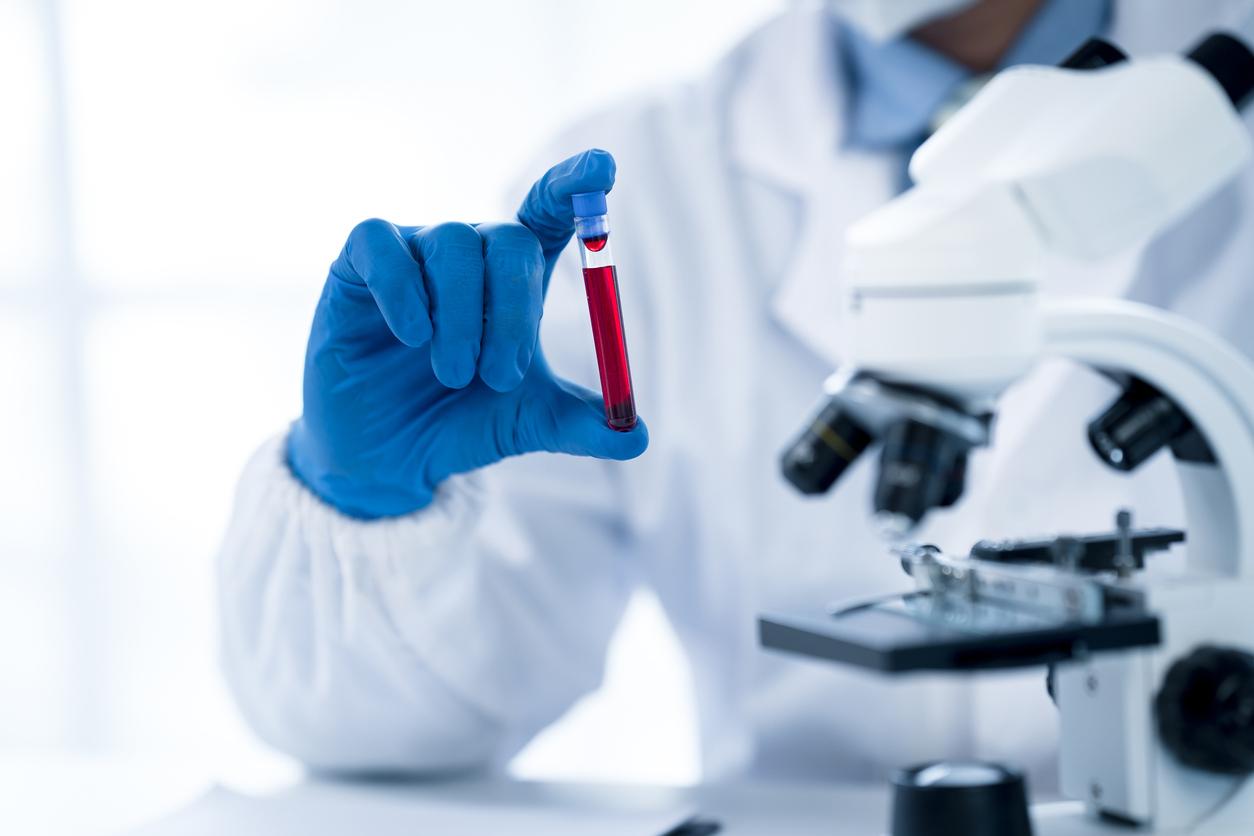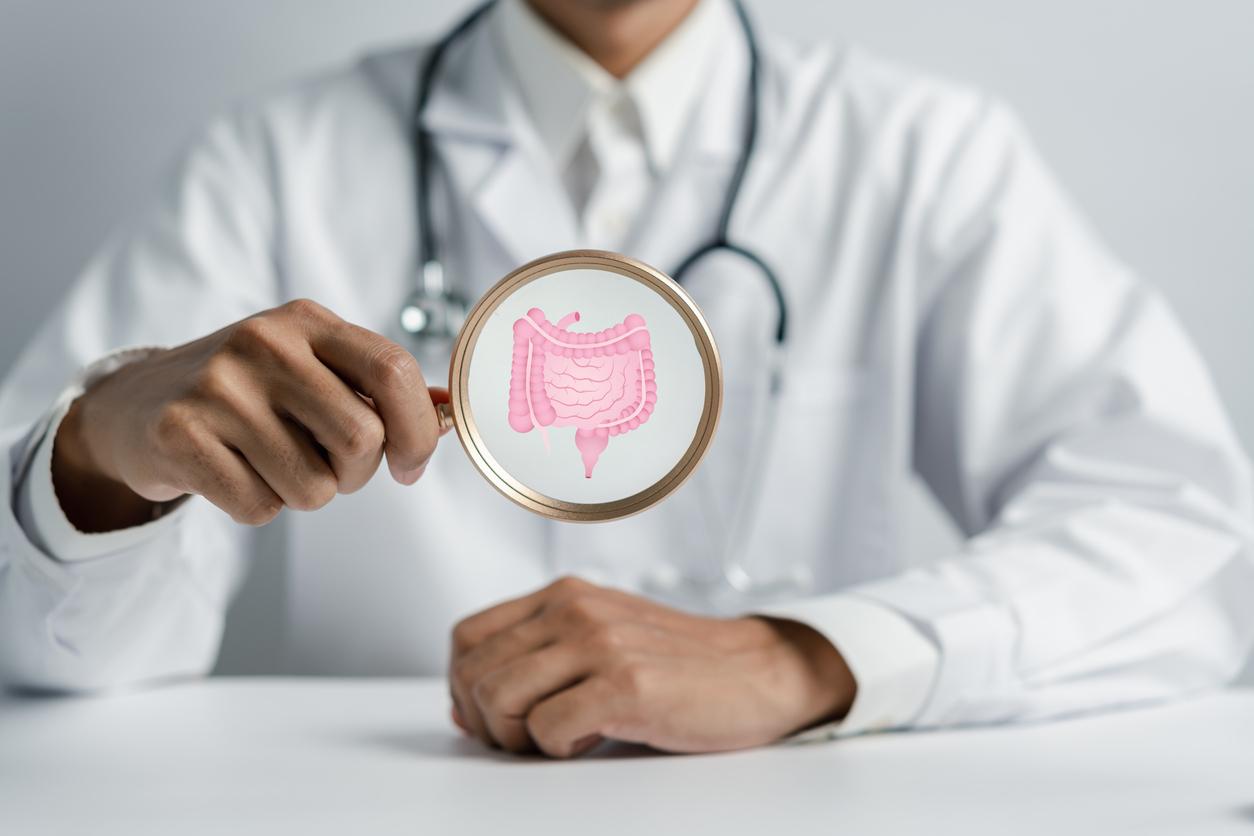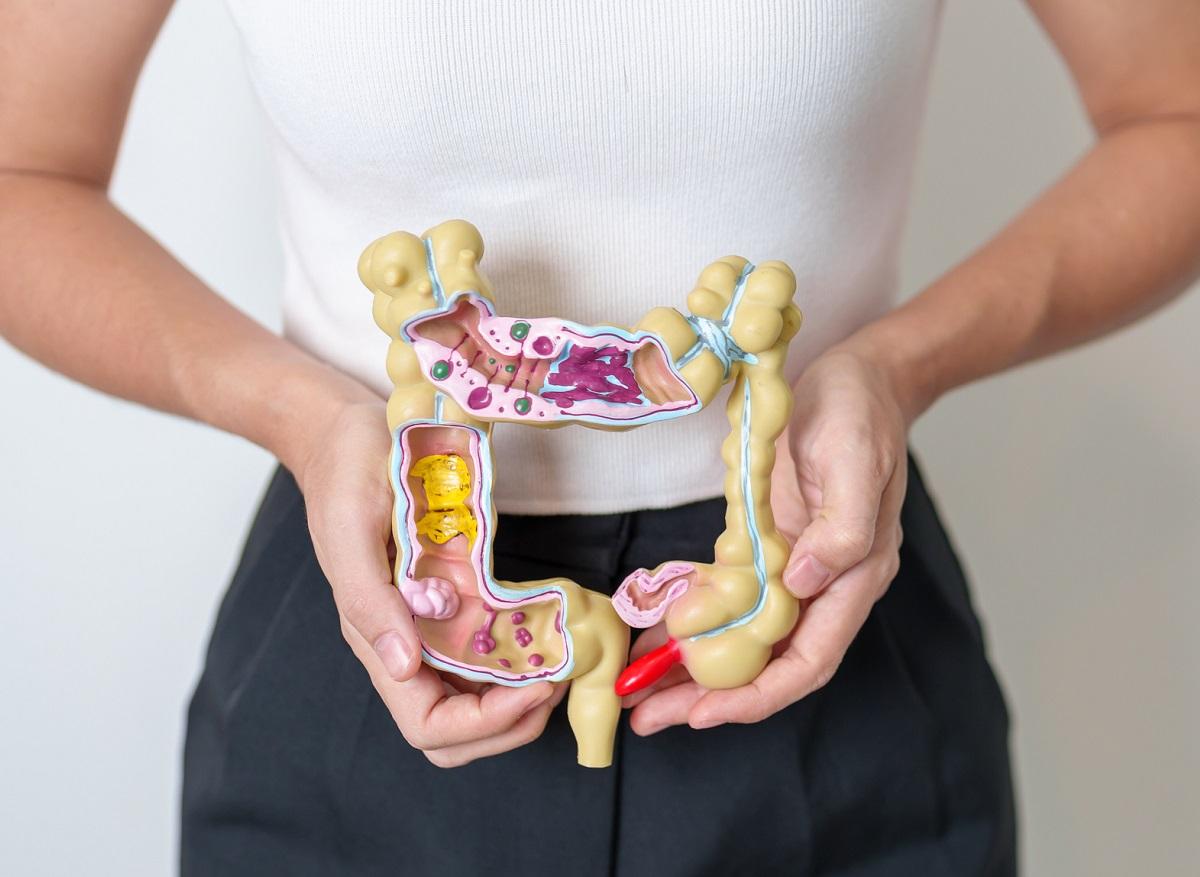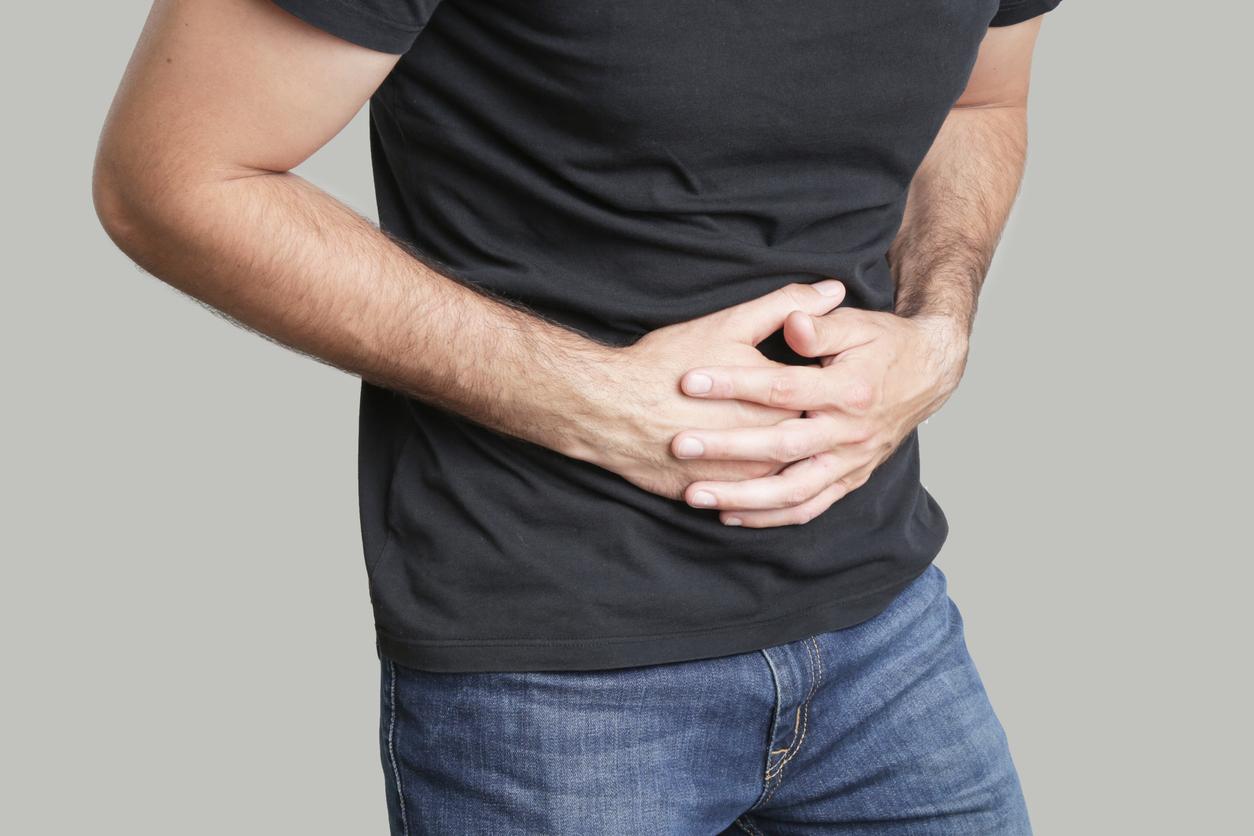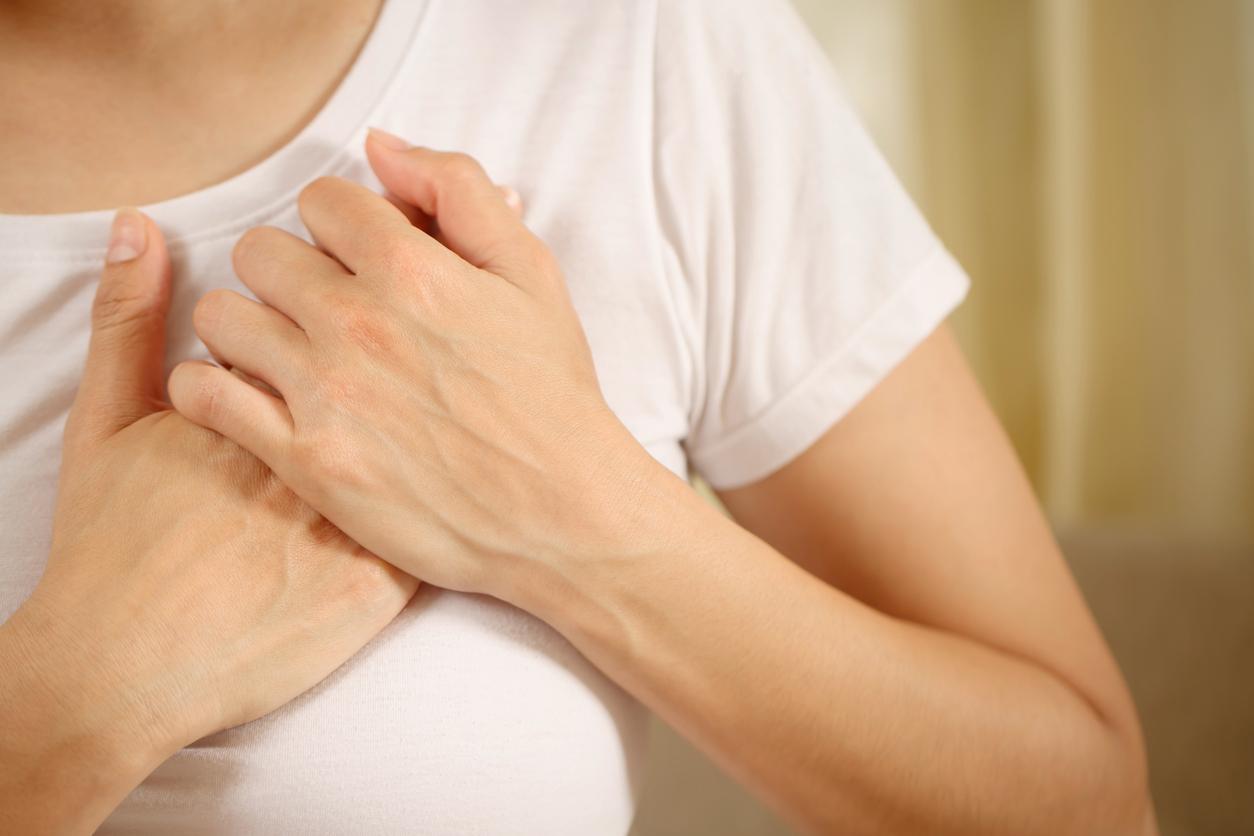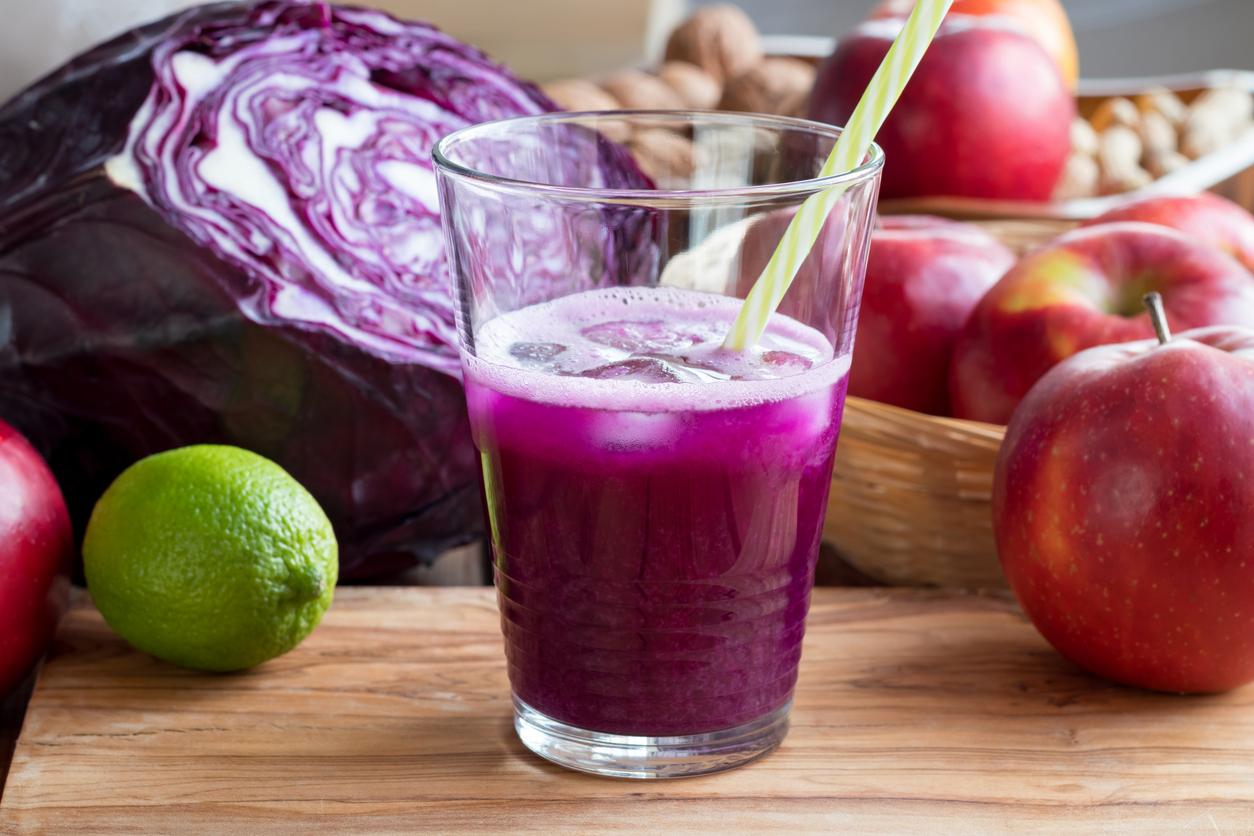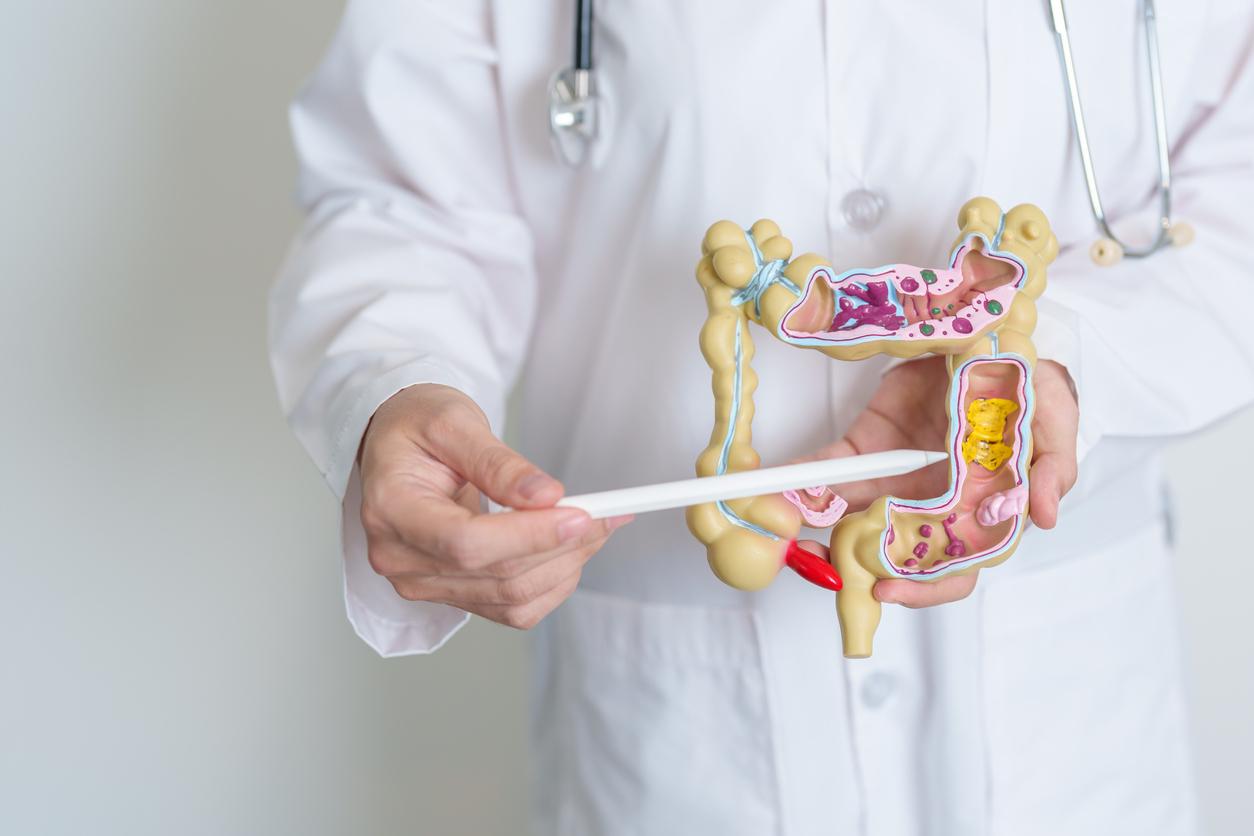Chronic inflammatory bowel disease affects 170,000 people in France. Diarrhea and abdominal pain severely handicap these patients.
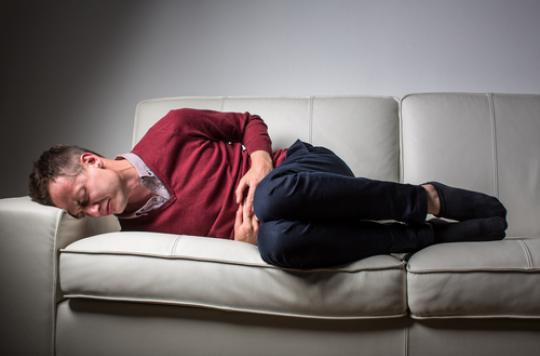
Strong stomach pain, followed by diarrhea. These symptoms handicap some 170,000 people in France, all suffering from IBD. A barbaric acronym that hides a simpler reality: chronic inflammatory bowel disease. On the occasion of the World Day of May 19 dedicated to these pathologies, Why actor takes stock in four questions.
What are IBDs?
The acronym IBD includes Crohn’s disease and ulcerative colitis. These conditions are both characterized by inflammation of the lining of the digestive tract. They develop in spurts, which result in severe abdominal pain, frequent diarrhea mixed with mucus and blood, but also anal fissures or abscesses. Fatigue, fever and extra-intestinal damage are also common. The duration and frequency of these relapses vary among patients.
Who are the sick?
IBD mostly occurs in young people, aged 20 to 30 years. But 15% of patients are children. Of the 170,000 patients, 100,000 present with Crohn’s disease.
The quality of life of these patients – who are 6,000 more each year – leaves much to be desired. Investigation Bird, conducted with them, reveals that depressive symptoms and severe fatigue are frequent, as is anxiety, which affects a third of those surveyed. The handicap is also serious since they are also numerous to say they are embarrassed in their daily life and in their professional life. So much so that 10% of them are absent regularly.
What are the risk factors?
150 predisposition genes have been identified. Their impact remains moderate, but mutations in the NOD2 / CARD15 gene increase the risk of Crohn’s disease by 40. According to Inserm, the imbalance of the microbiota is an interesting avenue. A new family ofEscherichia coli, more adherent and invasive, is found in 40% of patients with IBD.
Smoking is a proven risk factor in patients with Crohn’s disease. But it would tend to have a protective effect against ulcerative colitis, according to Inserm.

What are the treatments ?
There is no cure for Crohn’s disease or ulcerative colitis. However, several anti-inflammatory treatments make it possible to control these two pathologies, by preventing flare-ups. Nutritional supplementation is also important to compensate for the deficiencies induced by diarrhea.
When the outbreaks appear, ad hoc treatments are possible. If the disease progresses over time, immunomodulators are indicated. They stop seizures and prevent new lesions from appearing.
Surgical treatment may also be indicated when the disease is particularly resistant to treatment.
.








